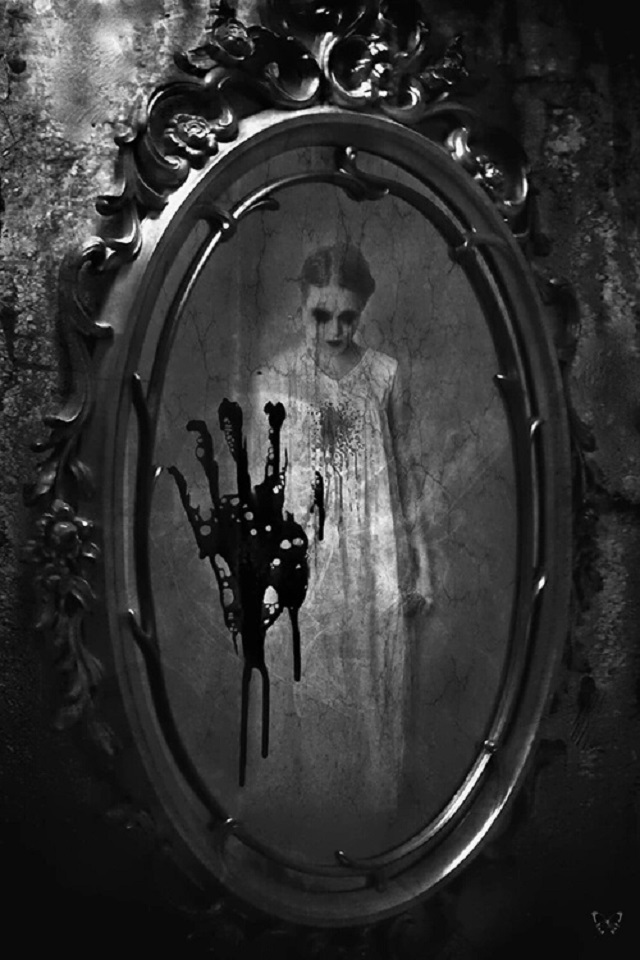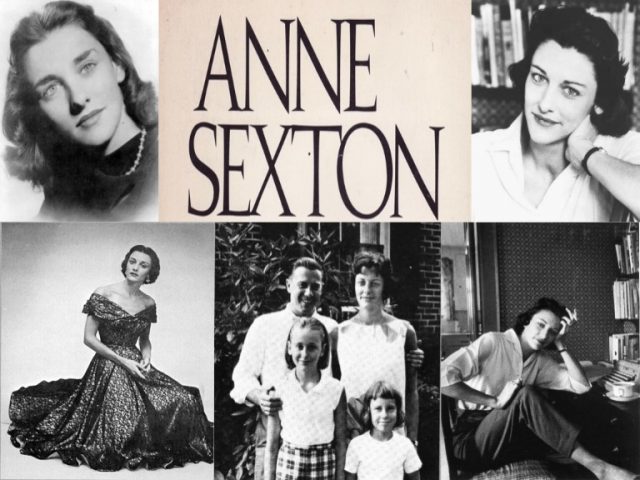In his latest book, Release the Bats, DBC Pierre (otherwise known as Peter Finlay) revisited the process of writing a novel from scratch. As he shared with The Guardian readers earlier this month, he undertook the journey not solely for himself, but in order to share his discoveries with others who might take it upon themselves to endeavor to write a novel (and there are many, many of us out there!).
The greatest of those discoveries, Pierre found, was the influence of other works of literature on the budding author. With the origins of the novel in ancient Rome, there is centuries of material available (enough, indeed, for many lifetimes) to help set seekers on their paths.
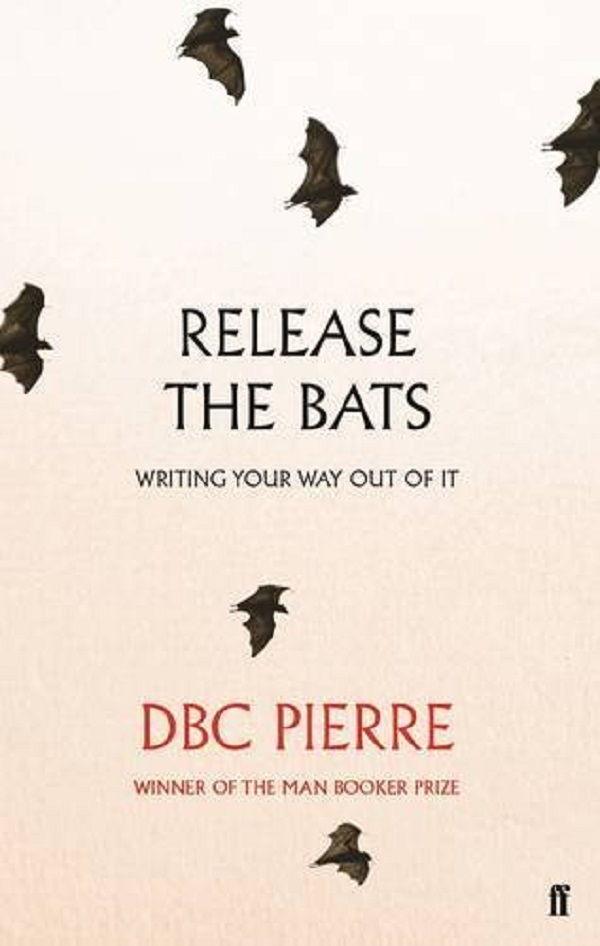
Source: Amazon
Awarded the Booker prize for Vernon God Little in 2003, Pierre – an Aussie native raised most of his life in Mexico – writes:
“Writing fiction means writing vibrant human characters, and luck is with us in terms of research, as we haven’t essentially changed since we came down from the trees. [T]he best grounding for a fiction writer must be one that explores human nature with gloves off.”
To this end, Pierre suggested the top 10 books that both “expose our colors” as humans and “a couple on writing as well”
1. Daily Rituals by Mason Currey
Chosen for foundational inspiration for wannabe writers, Pierre wanted, primarily, for the “weirdo” label to be shuffled off. Who knew that so many of the greatest philosophers, writers, composers, and artists had so many great foibles? Personally, this has been on my TBR wishlist for some time: time to take the purchasing plunge methinks.
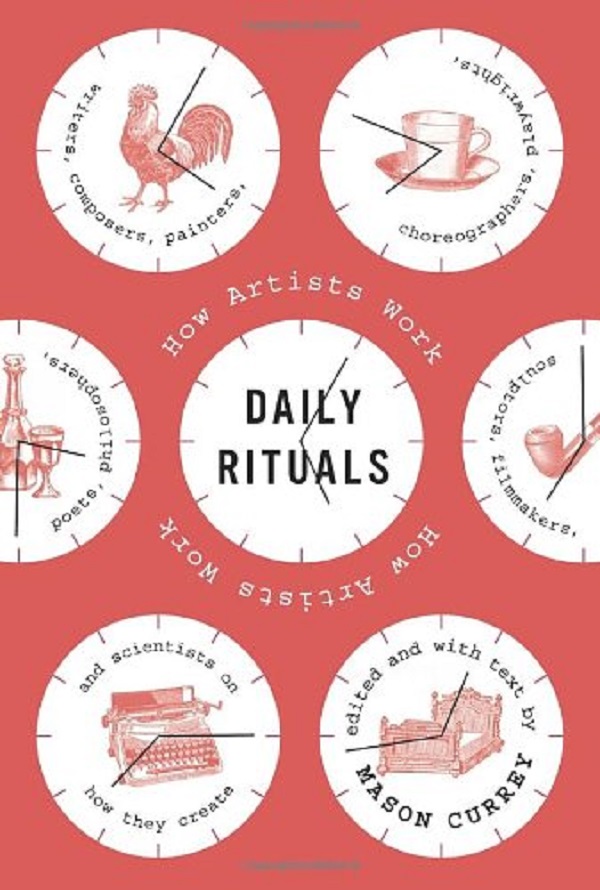
Source: Amazon
2. The Elements of Style by William Strunk Jr. & E.B. White
Rules exist everywhere and writing is certainly no exception (as any literature student can tell you). As a professor of English Literature at Cornell University in the 20th Century, Strunk Jr. privately published this style volume for his students at the end of WWI. Add to that the fact this was written together with the author of Charlotte’s Web and what writer wouldn’t listen to their advice?
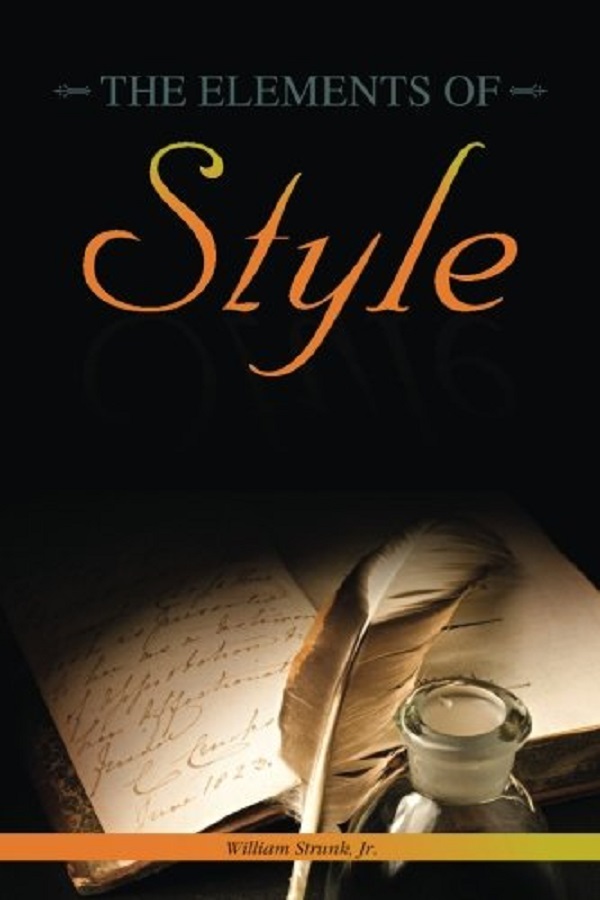
Source: Amazon
3. Distinction by Pierre Bourdieu
Although a dense sociology text replete with tables and diagrams, Pierre suggest that Bourdieu’s work is also a “gold mine” for differentiating between characters. Although a study of the French bourgeoisie, that social class’ snobbery presents itself in a myriad of ways; a symbolic system wherein the Self is determined by tastes.
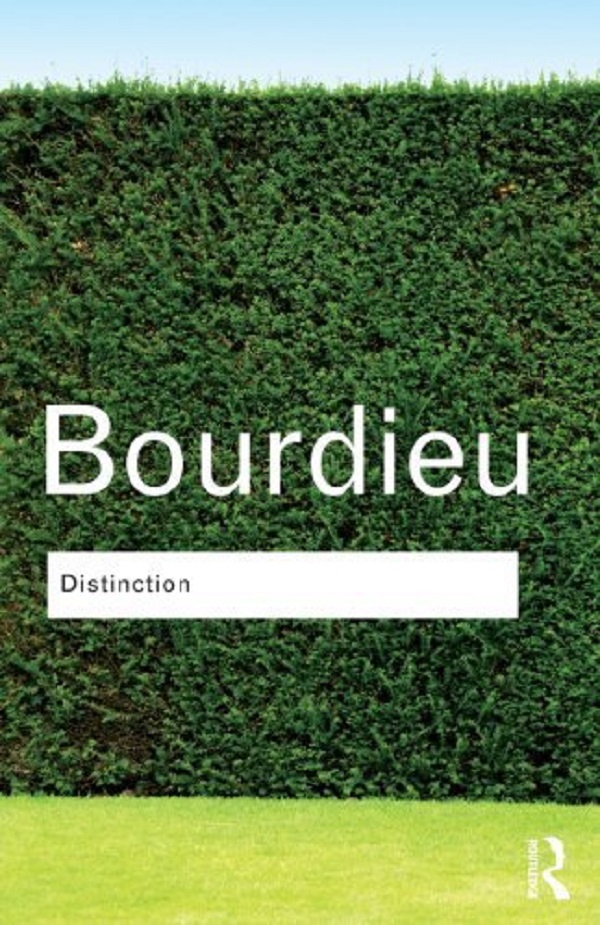
Source: Amazon
4. The Chambers Dictionary by Chambers
A writer’s god is the written word. While its counterpart Collins adorns my own desk, there is an aesthetic attraction to the Chambers Dictionary that brings about a sense of wanting to bow down to its greatness, whether a writer be established or not. Pierre contrasts the availability of its powers with that of online dictionaries and finds the latter absolutely lacking. Indeed, his instruction, “browse it at random,” is some of the best advice out there today.

Source: Amazon
5. Instant Analysis by David J. Lieberman
Pierre offers this up for writing characters who are realistic enough to be believed. Tackling 100 common human complexes, there are some scarily enlightening discussions of quirks that are very personal, but as Pierre states, “there’s nothing like naked horror to get the day started”.
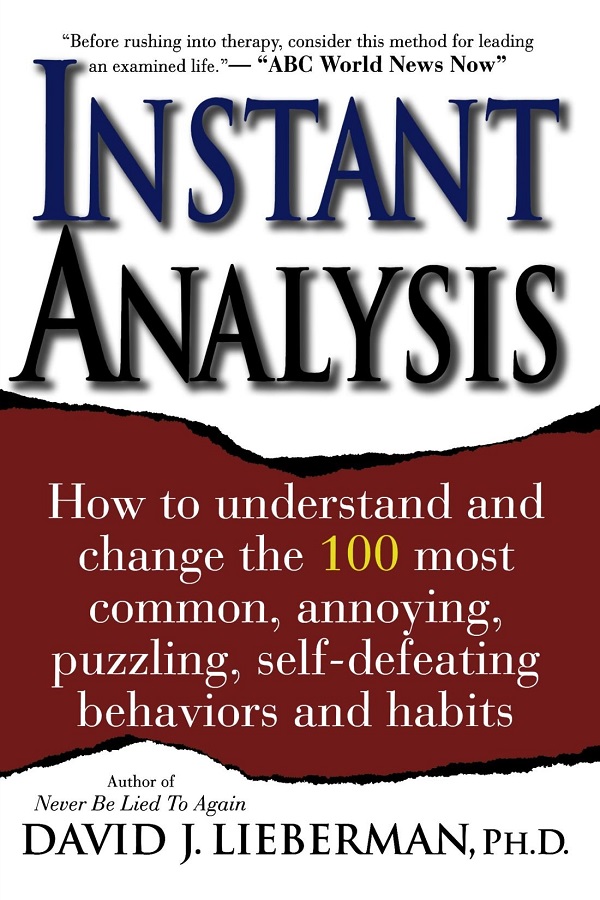
Source: Amazon
6. The Prince by Niccolò Machiavelli
Villains have a different thought process to other characters: The Prince enlightens the rest of us. A masterpiece of realpolitik originally written as an instruction manual for princes, Machiavelli’s work has survived over 500 years because of its adaptability to all levels of Man’s powerplay. Another one that’s been on my TBR wishlist for some time (my purse is in for a hit soon).

Source: Amazon
7. The Satyricon by Petronius Artbiter
Dating back to the era of the emperor Nero, Pierre wants us to finally realize that the concept of “modernity” is not new. Indeed, though we may think we live in a decadent era, compare that with “the sleazy progress of a pair of literature scholars as they wander through the cities of the southern Mediterranean.”Lashings of self-concern, heaps of OTT food, and chock full of risky sex to put 50 Shades to shame. Appealing?
Source: Amazon
8. Extraordinary Popular Delusions and the Madness of Crowds by Charles Mackay
It is a truth universally acknowledged that the mind of the crowd differs frighteningly from that of the individual. Mackay’s classic is chosen by Pierre for its beautiful 19th Century prose and microscopic look at the risks of pure democracy and the crazes of the masses.
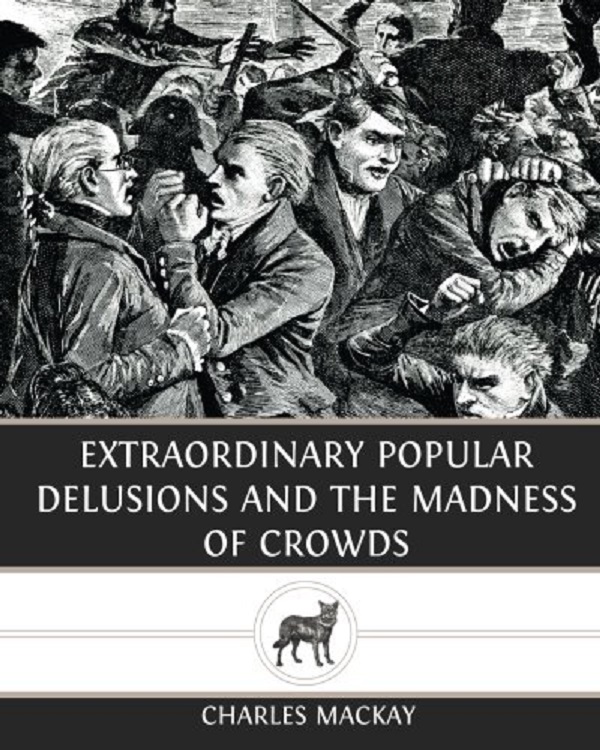
Source: Amazon
9. The Black Book by Lawrence Durrell
A sexually frank novel that looks at “the lives and loves of a group of struggling writers and artists in a seedy London hotel”, Pierre includes Durrell’s work for inspiration when seeking to write either with or of “passion and midnight oil”.
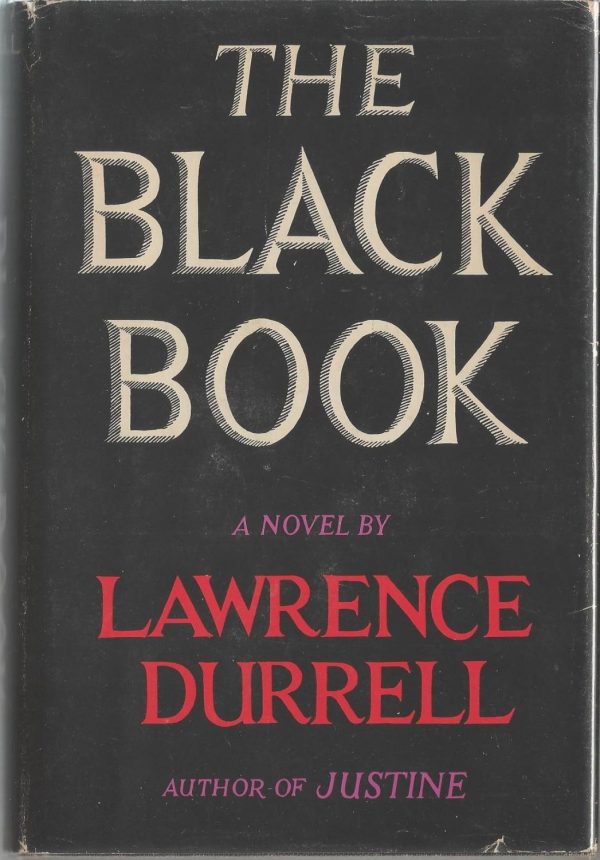
Source: Amazon
10. Tender is the Night by F. Scott Fitzgerald
One of my own favorites and, for Pierre, Fitzgerald’s novel is a tour de force, what he calls a “connoisseur’s choice,” over the widely accepted Great Gatsby, of the masses (tying in nicely with the inclusion of Bourdieu’s work on snobbery). A must read.
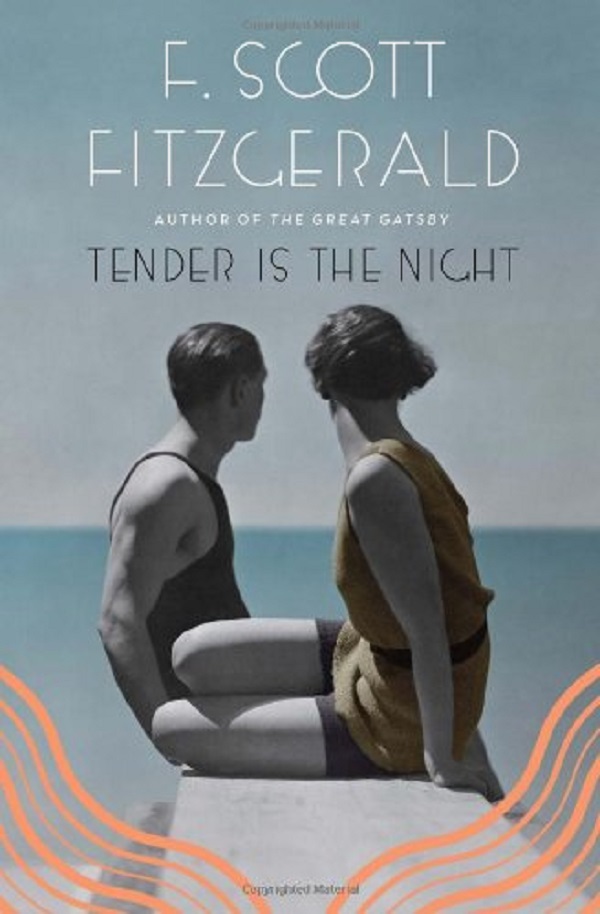
Source: Amazon
What tips have helped you in your personal writing?
YouTube Channel: Katytastic
Featured image via Contagious Queer
h/t The Guardian

